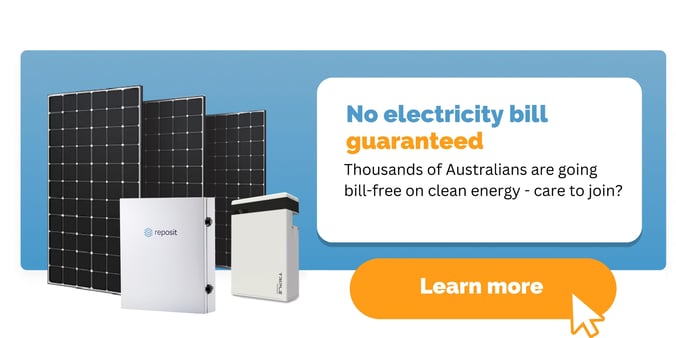Victorian government pledges to help households switch to all-electric
"We know too that many people have been put off electrifying their homes by the complexity and the cost. Victorians who go all-electric could save up to 60 per cent on their power bills while lowering emissions."
- Premier Jacinta Allan
.jpg?width=605&height=605&name=Are%20Solar%20Panels%20Worth%20It%20(5).jpg)
Home electrification is the process of converting appliances and systems in a home from using gas to electricity.
Some of the main benefits include cost reductions and the reduction of greenhouse gas emissions, as electricity can be generated from renewable sources such as solar, wind, or hydropower.
In addition to its environmental and health benefits, household electrification can lead to significant cost savings for homeowners over time. Modern electric appliances and systems are always more energy-efficient than their gas-powered counterparts, which can result in lower energy consumption and reduced utility bills.
For example, electric heat pumps for heating and cooling are highly efficient and can provide significant savings compared to traditional heating systems. Additionally, the cost of renewable energy sources such as solar and wind has been steadily decreasing, making the electricity generated from these sources increasingly cheaper in addition to being more environmentally sound.
Many governments and utilities offer incentives and rebates for homeowners who make the switch to electric appliances and systems, providing an additional financial benefit. These incentives can help to offset the upfront costs of electrification and make it more accessible to a wider range of homeowners.
